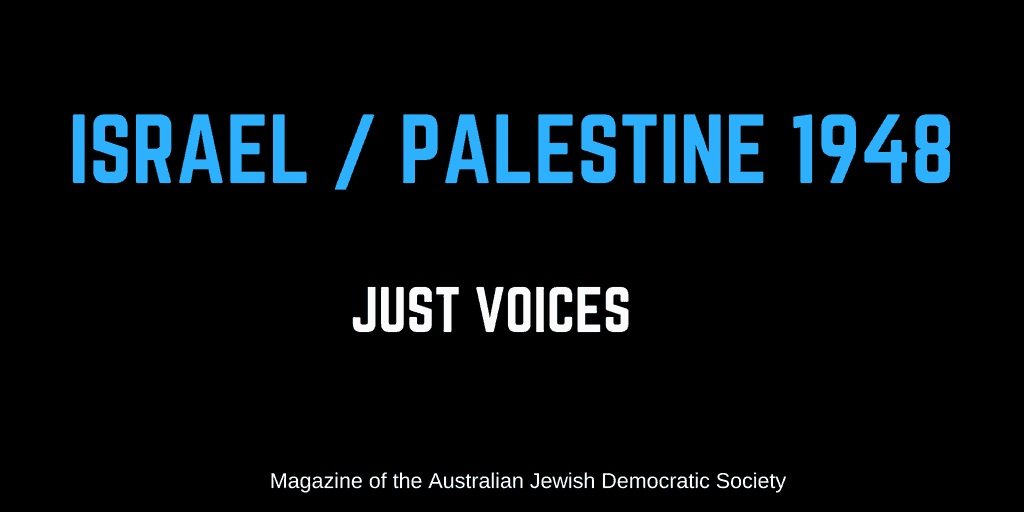(Complete article published May 16, 2018 by Literary Hub)
Yesterday, the global Palestinian community marked the 70th anniversary of the Nakba, the catastrophic destruction of the Palestinian homeland and dispossession of over 750,000 Palestinians from their homes and villages. Hundreds of villages were depopulated and razed to the ground, hundreds of thousands of people torn from their country. They were told by subsequent Israeli administrations—and most of their Western allies, chief among them the US government—there is no place for you. But anniversaries are a strange phenomenon when the past is a living, breathing, and unending current event. One has only to contrast the besieged Palestinians of Gaza—the site of months-long mass protests against erasure—with the dystopian paeans to “peace” and “freedom” at the opening ceremony for the new American embassy on stolen Palestinian land in Jerusalem to realize how easily words can be gutted of their meaning.
For many Palestinians, the permission to narrate one’s own stories in their own words has been at the root of struggle and survival, as important as delineating a physical space for existence. Palestine’s destruction figures prominently in the tense fugue of our imaginations. Across generations, Palestinians have witnessed what a foreign invader does to rip apart a nation, both in the physical and emotional realms. The coastal strip that has housed hundreds of thousands of refugees alongside its native families—refugees displaced from Yafa, Haifa, Lyd, Ramleh and so many centers of pre-1948 Palestinian life—is both microcosm and high-relief. Gaza’s camps are overcrowded, dilapidated and underserved, starved and weaponized. The clock ticks towards the inevitable—a place rendered uninhabitable for lack of potable water; for a profusion of untreated sewage; for land and sea crossings closed by iron fists; for a generation traumatized by, and untreated for, the visible and invisible wounds of three punishing wars in ten years. Yet, Gaza makes an audacious claim on life; its people continue to resist.
- This article appeared in the AJDS Magazine Just Voices 16: Israel / Palestine 1948

